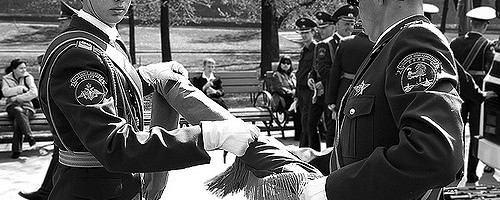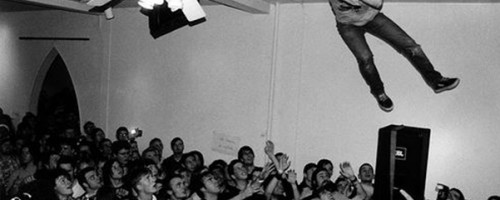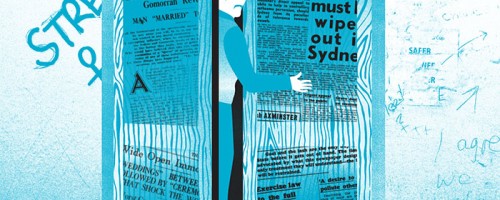Bad readers
I began university in 1996, attending what could be considered an ‘elite’ US institution. It was not Ivy League, but it was regularly listed among the top thirty universities in the country. The fee for one year was just over $33,000, including room and board. My family had been comfortably middle class for most of my childhood, but my father had quit his job and taken another at much lower pay while I was in high school. I was only able to attend the university because I received direct scholarships, alongside a complex array of government-subsidised loans and grants.















